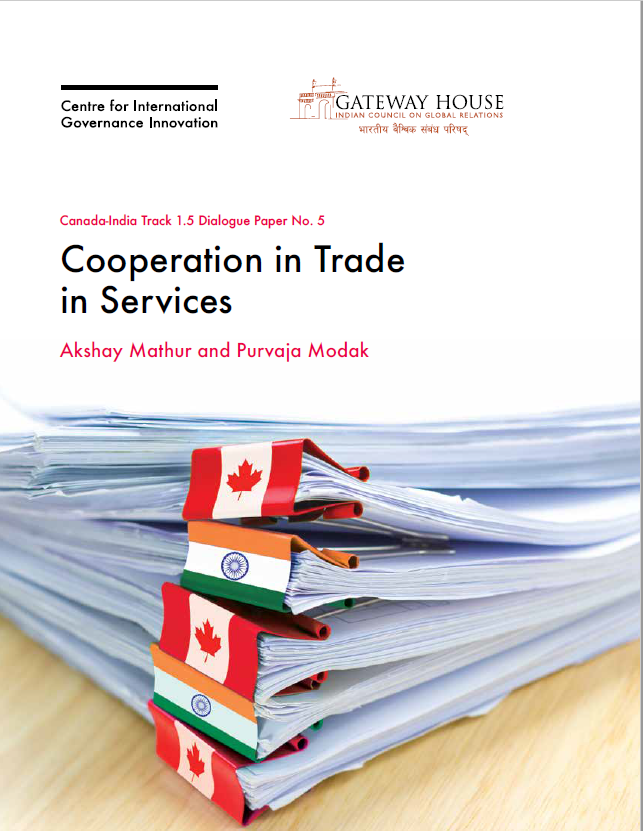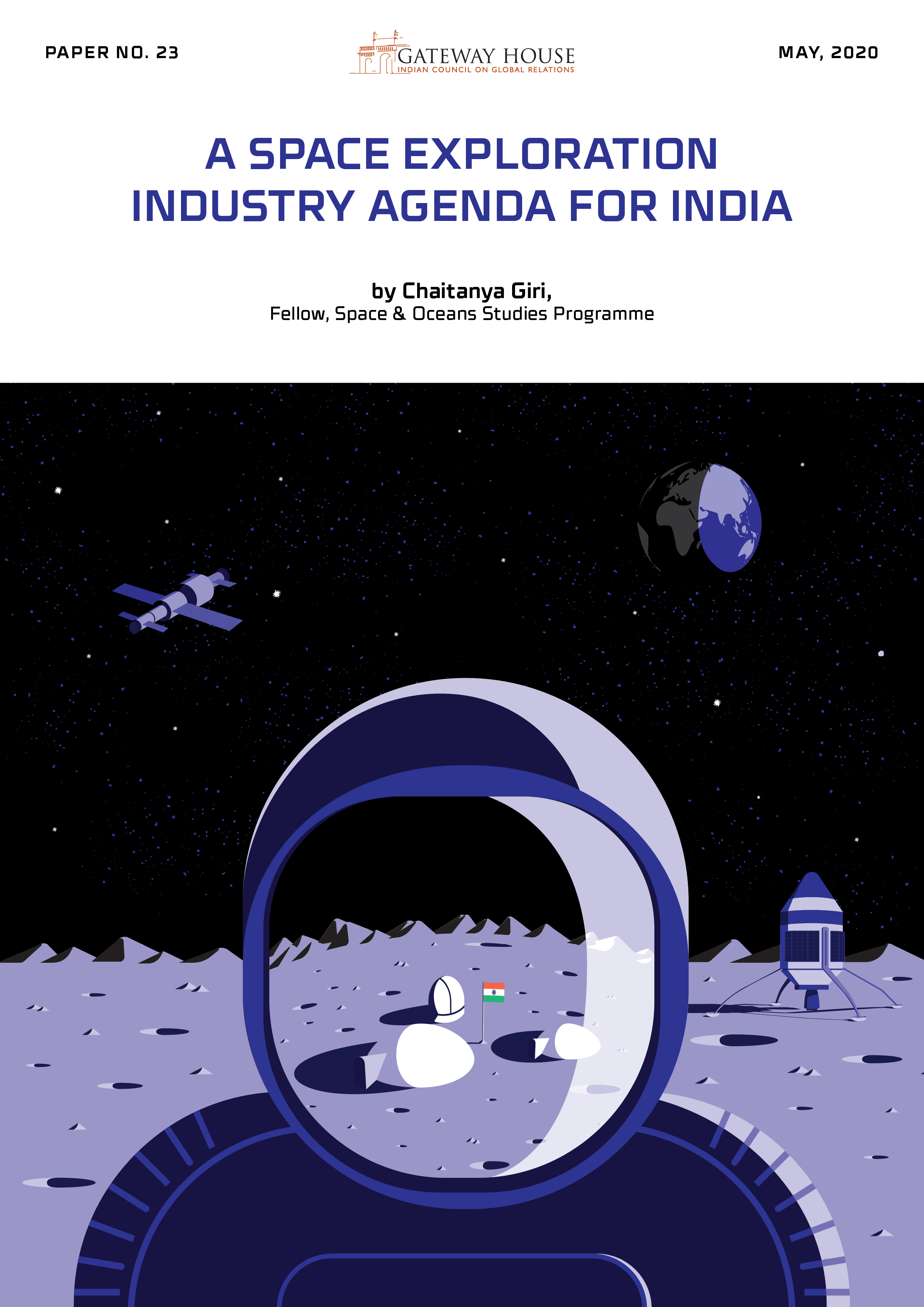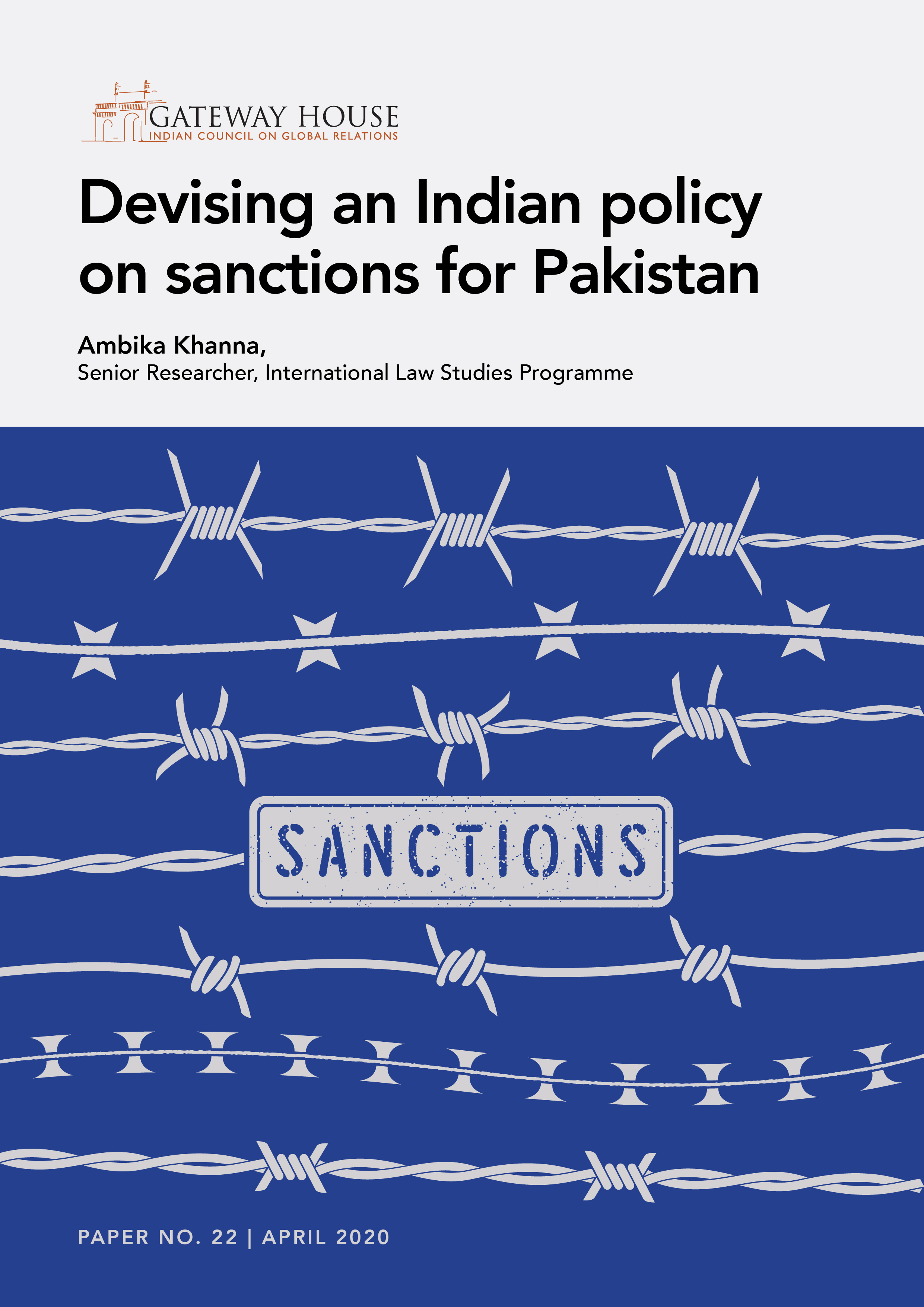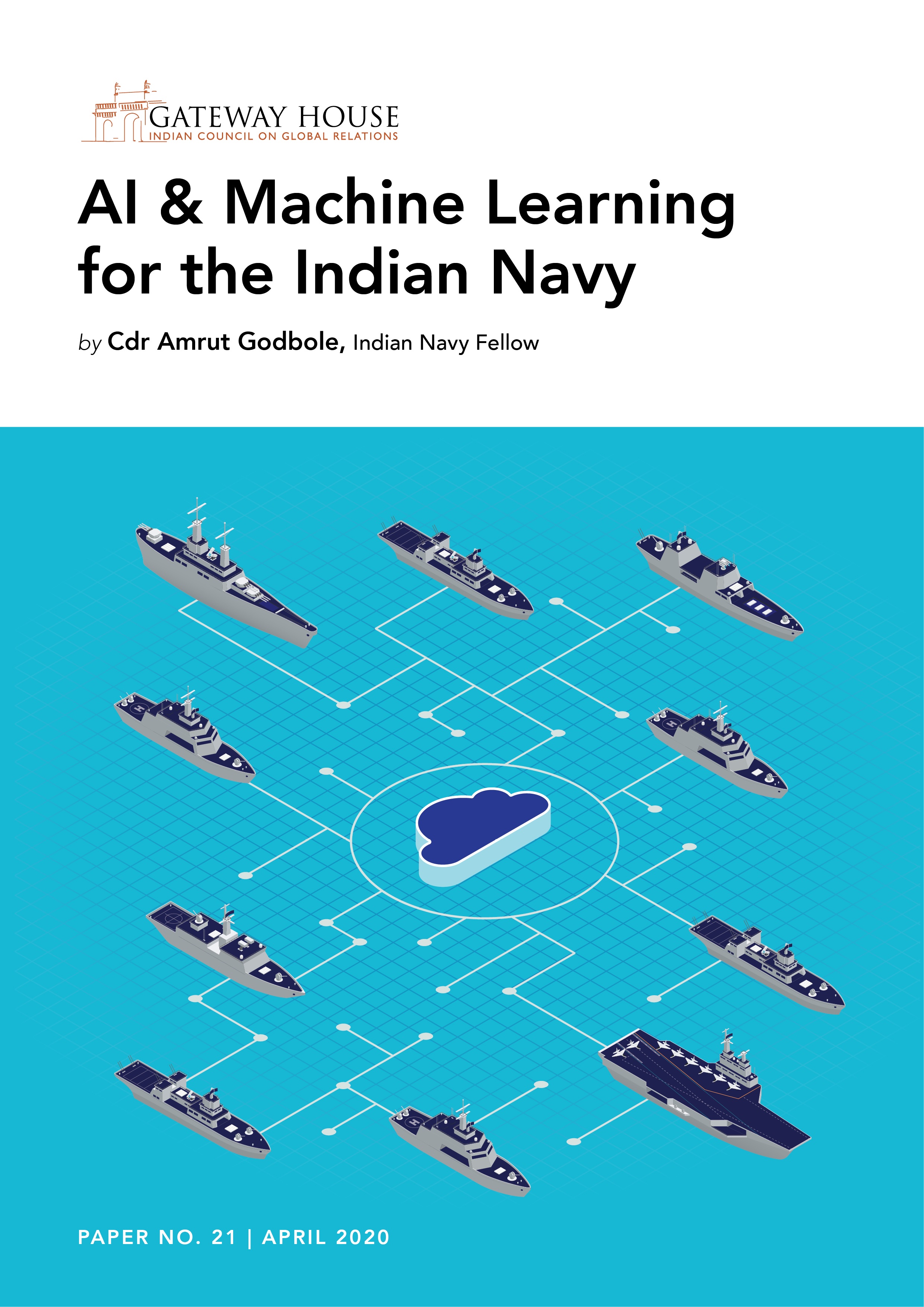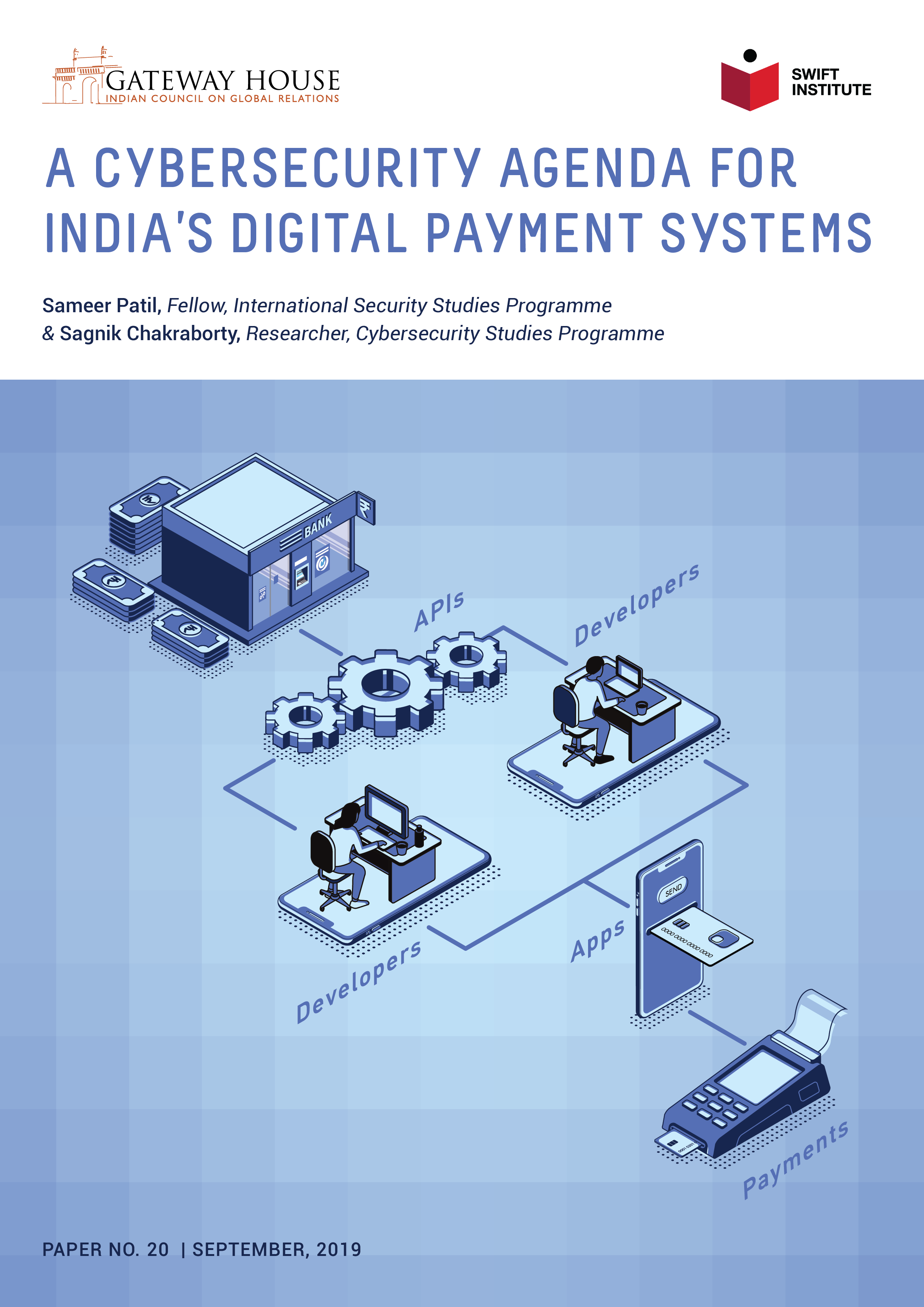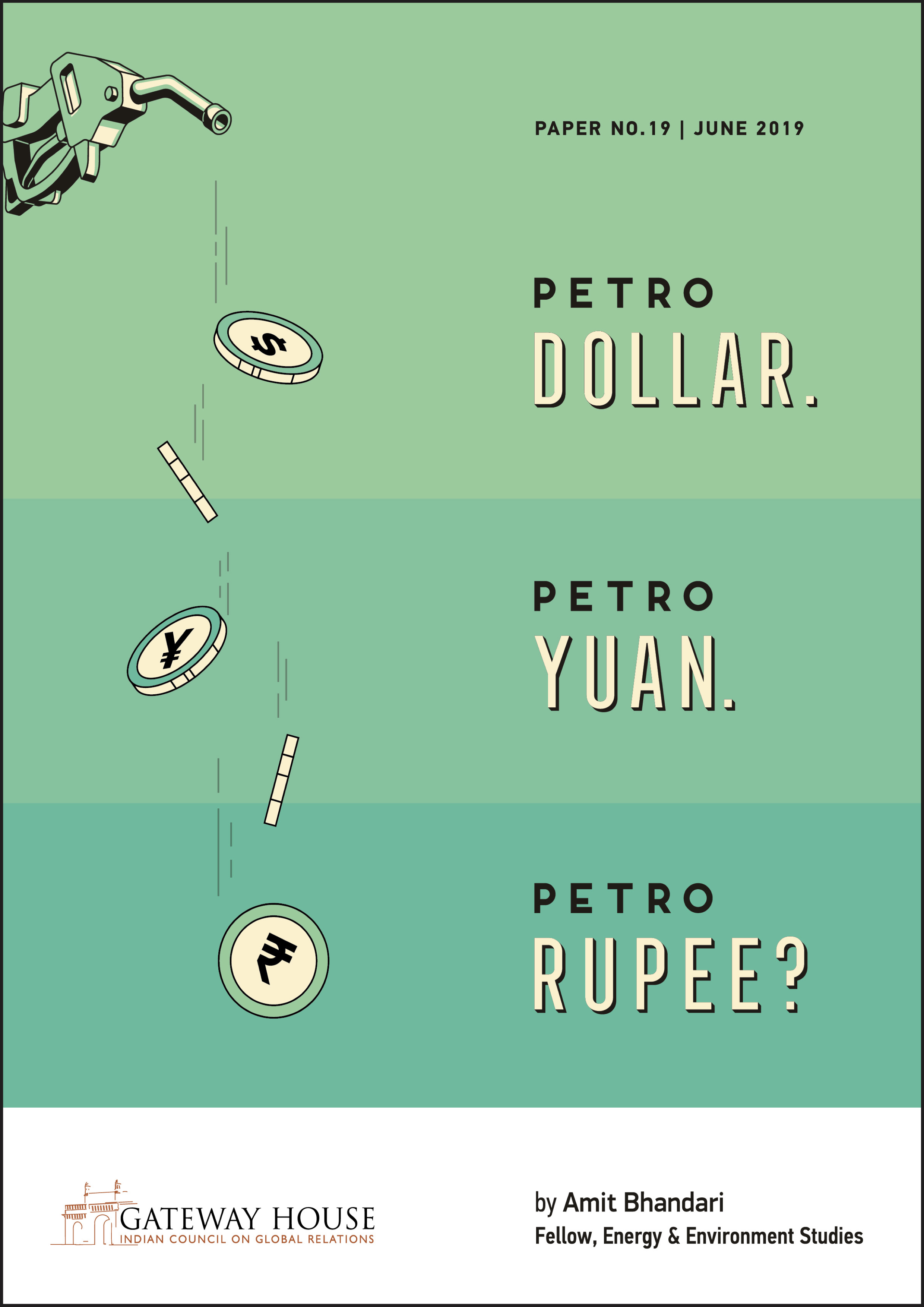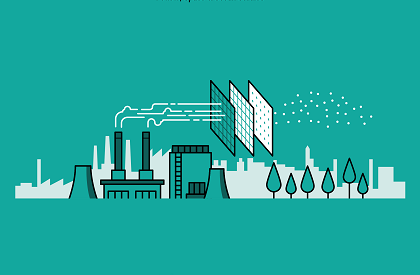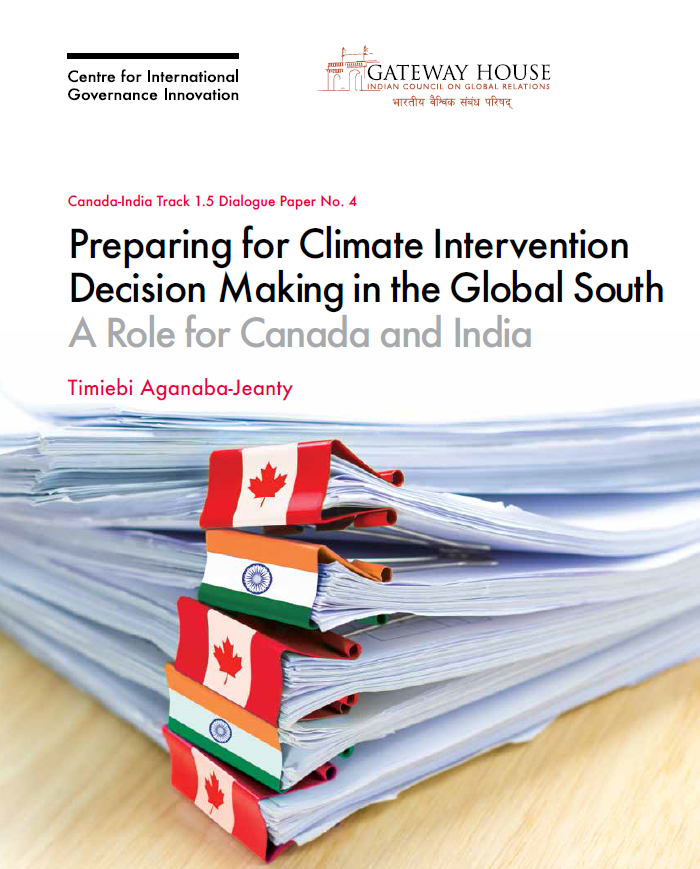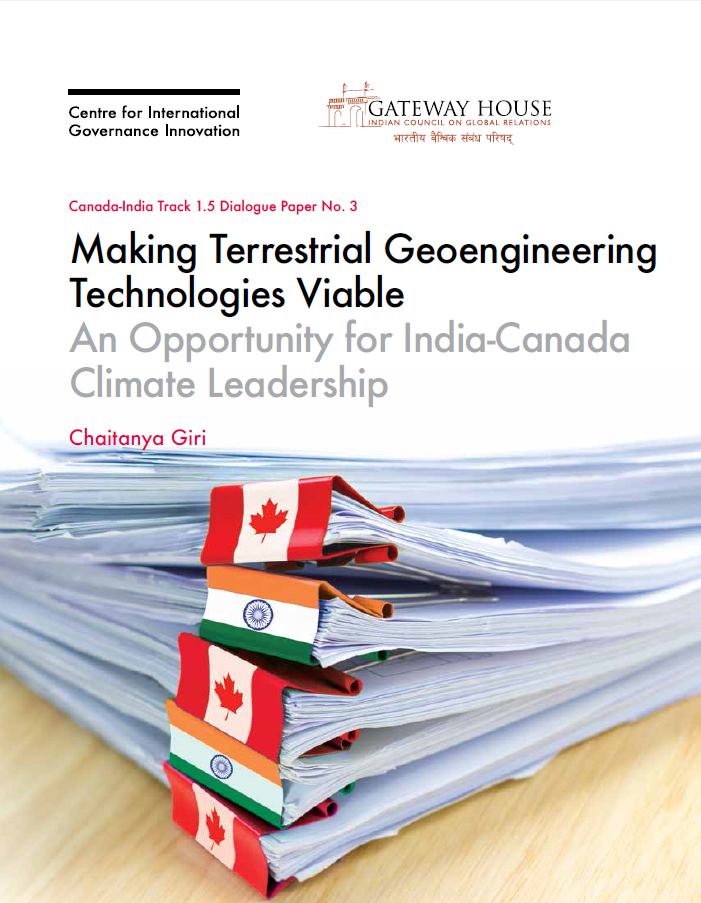The United Nations’ 2015 Paris Agreement called for the immediate sequestration of atmospheric anthropogenic greenhouse gases to help avert serious environmental degradation. India can take the lead in this because it is the second largest emitter of methane. Of all the natural greenhouse gases, methane is the hardiest. Technological advances are making it possible to crack methane into gaseous hydrogen and solid carbon on a commercial scale. Methane cracking can provide a steady supply of hydrogen for futuristic transportation and solid carbon materials — graphene, carbon nanotubes, synthetic diamonds — which are integral to the marine, aerospace and space industries. The commercial benefits apart, methane cracking will also go a long way in meeting the Paris Agreement’s climate change mitigation objectives. This paper offers some concrete recommendations that can help the government of India shape national legislation and global geoeconomic strategies

